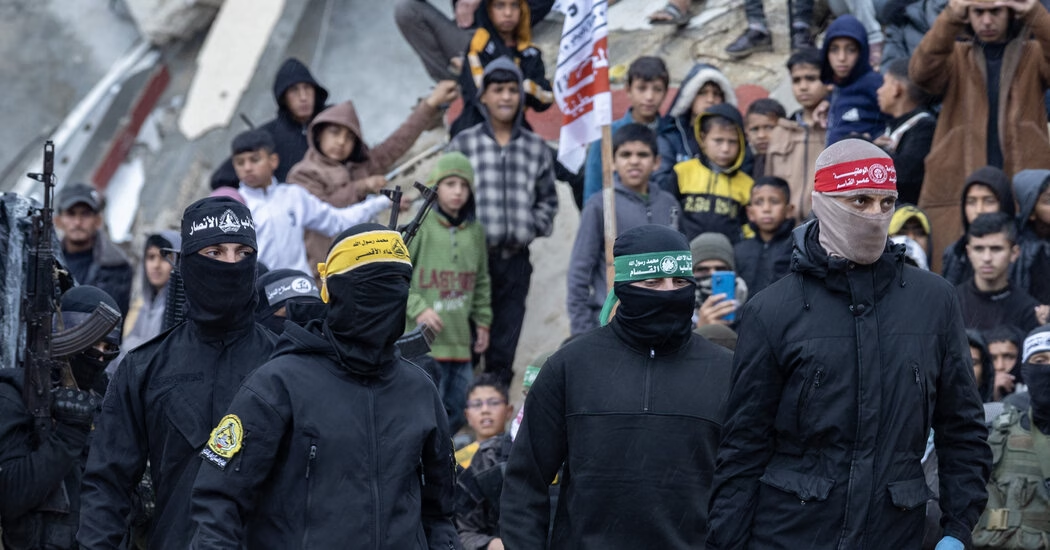Itay Svirsky, a therapist who loved philosophy, Eden Yerushalmi, a trainee to become a Pilates instructor, and Alex Lobanov, a father of three who never met his youngest child, are among the 41 hostages killed since being captured by Hamas and its allies during their Oct. 7 attack on Israel, according to an analysis by The New York Times of forensic reports and military investigations into their deaths, as well as interviews with more than a dozen Israeli soldiers and officials, a senior regional official and seven relatives of hostages. Some were killed by Hamas, some by Israeli fire, and the cause of death of others is unknown. The Israeli prime minister, Benjamin Netanyahu, has long contended that only military force could compel Hamas to free the hostages.
The debate about whether more people could have been brought back alive if a truce had been reached sooner has gained resonance in recent days as the country faces the prospect of returning to war. The Israeli government recently proposed a new framework, which called for a seven-week extension during which the group would release half the living hostages and return the remains of half the deceased ones. Of the 59 hostages still believed held in Gaza, the Israel government has said that only 24 are alive. More than 130 hostages have been exchanged alive for Palestinian detainees, while the Israeli military has retrieved the corpses of more than 40 others, many of whom were taken dead into Gaza during the attack.
Israel and Hamas neared another cease-fire deal in July, but the talks collapsed, and it took another five months to strike an agreement, one largely similar to the one discussed in the summer. Mr. Netanyahu’s political rivals and some of the hostages’ relatives have said that the months of extra fighting, while degrading Hamas and its allies in Lebanon and Iran, led to the deaths of more hostages and ultimately failed to defeat Hamas. Israeli military has carried out operations with numerous precautions taken to protect the captives and regularly updates the families of hostages on the status of their loved ones. The statement added that it expresses deep sorrow for every incident in which hostages were killed during their captivity and is doing everything in its power to prevent such occurrences. However, the circumstances surrounding the deaths of the 26 others remain inconclusive.
Source: https://www.nytimes.com/2025/03/08/world/middleeast/israel-hamas-gaza-hostages.html





